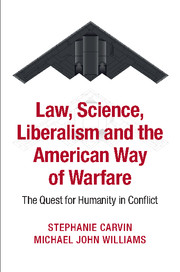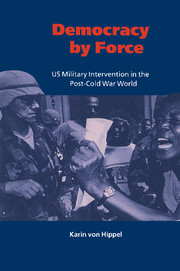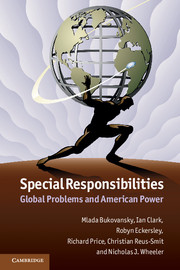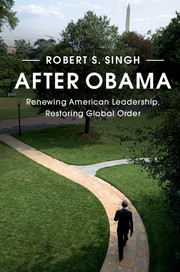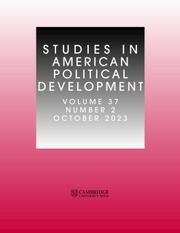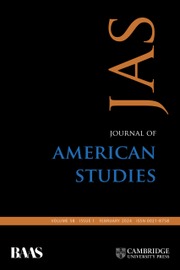Law, Science, Liberalism and the American Way of Warfare
Founded and rooted in Enlightenment values, the United States is caught between two conflicting imperatives when it comes to war: achieving perfect security through the annihilation of threats; and a requirement to conduct itself in a liberal and humane manner. In order to reconcile these often clashing requirements, the US has often turned to its scientists and laboratories to find strategies and weapons that are both decisive and humane. In effect, a modern faith in science and technology to overcome life's problems has been utilized to create a distinctly 'American Way of Warfare'. Carvin and Williams provide a framework to understand the successes and failures of the US in the wars it has fought since the days of the early Republic through to the War on Terror. It is the first book of its kind to combine a study of technology, law and liberalism in American warfare.
- A synthesis of historical, military and legal scholarship which will appeal to readers from a variety of backgrounds
- Offers a thorough case study of the relationship between society and warfare
- Makes the novel argument that a legal-scientific way of war has developed in the United States where law does not limit war, but actually facilitates it
Reviews & endorsements
"Explaining how the American way of war has been shaped by lawyers and scientists, Carvin and Williams provide a much welcome discussion of developments in the technology of warfare (such as drones) that goes beyond the outrage that seems to be the basis of most of the current debate."
Mikkel Rasmussen, University of Copenhagen
"American military power has been a central geopolitical fact since the middle of the twentieth century and has defined the first decades of the twenty-first century. Situating American combat power in a long-term historical process, Stephanie Carvin and Michael Williams demonstrate how the United States' approach to war-fighting is not so much the product of its obsession with technology, as many have suggested, but its attempt to maintain its security while simultaneously sustaining its core liberal values. Carvin and Williams dissect the many difficulties which this American way of war, as a manifestation of fundamental forces in US culture, has engendered in Iraq and Afghanistan."
Anthony King, University of Exeter
Product details
November 2014Paperback
9781107637139
231 pages
228 × 150 × 13 mm
0.34kg
Available
Table of Contents
- Introduction
- 1. Law and science in the Western way of war
- 2. Conceptualizing the American way of war
- 3. Vietnam and the 'science' of war
- 4. Immaculate destruction
- 5. Revolution denied: the 'war' on terror
- 6. Back to the future?

